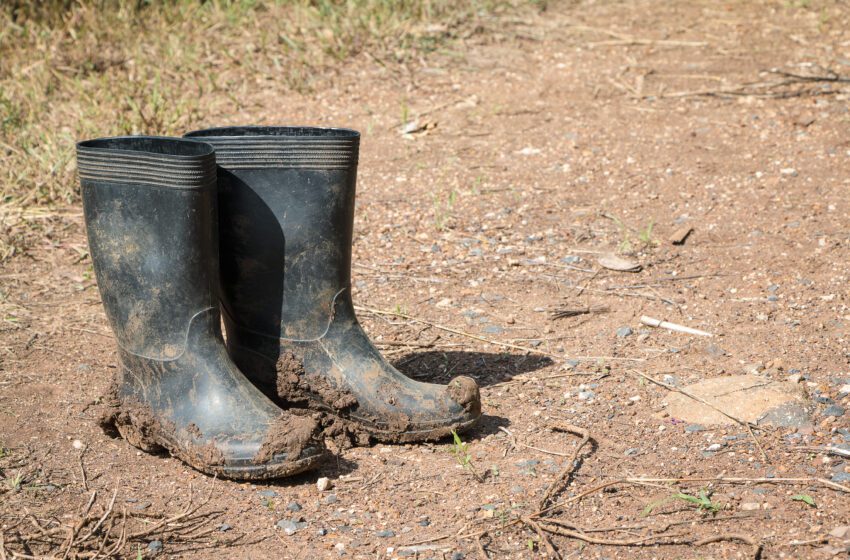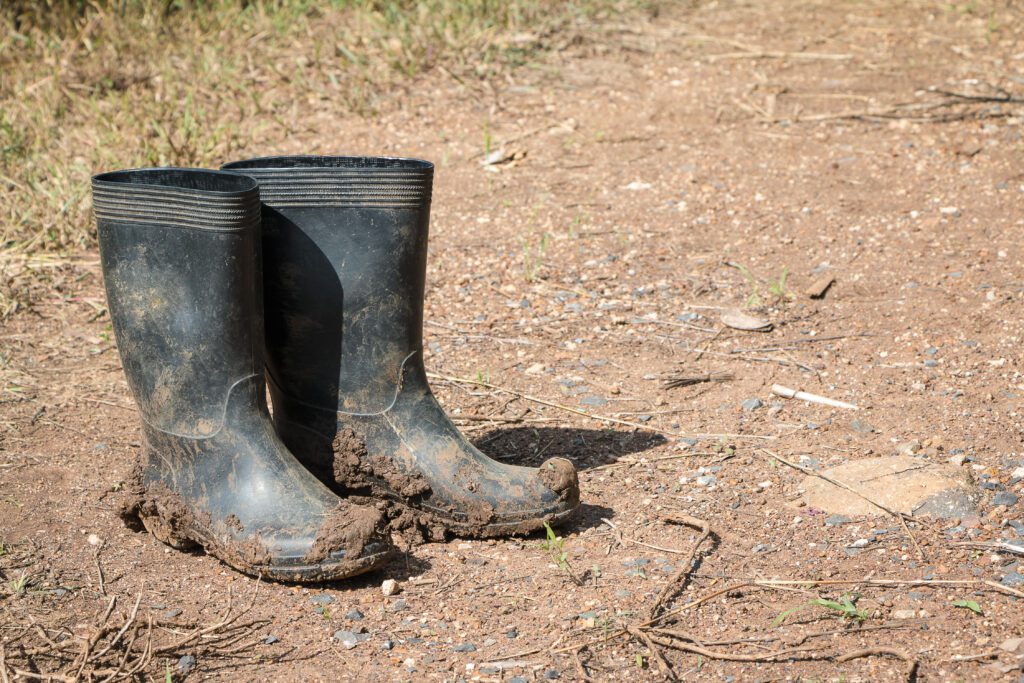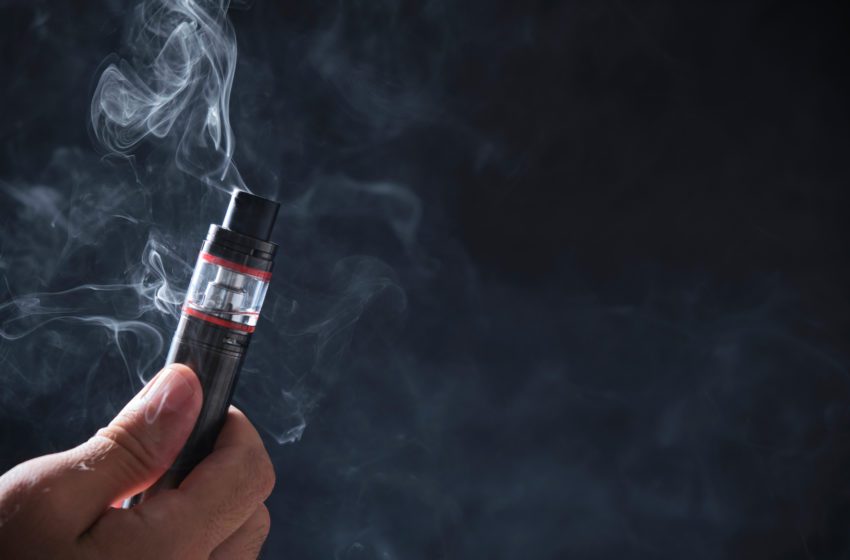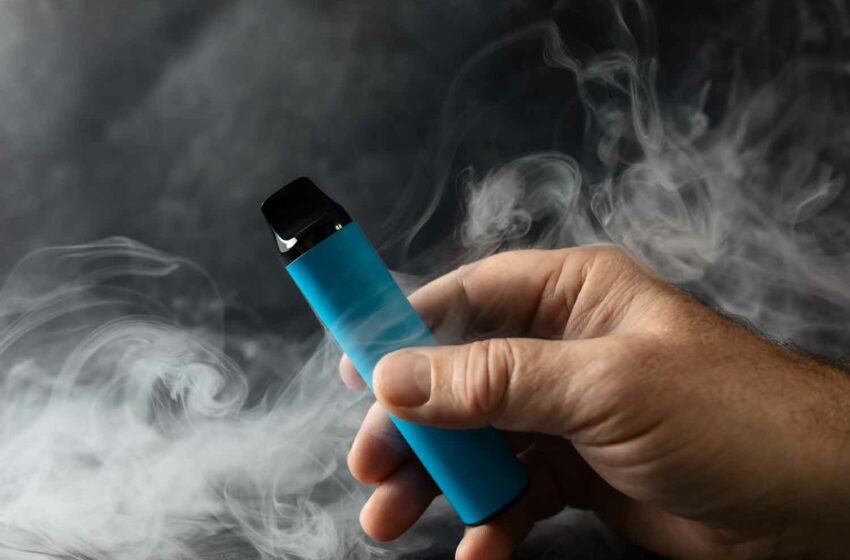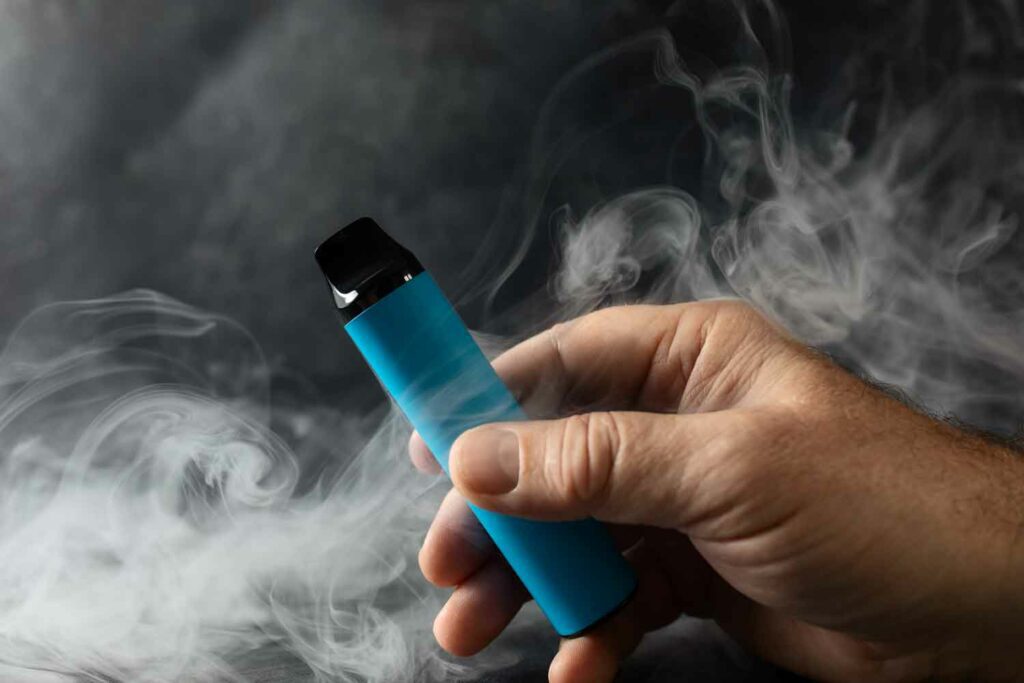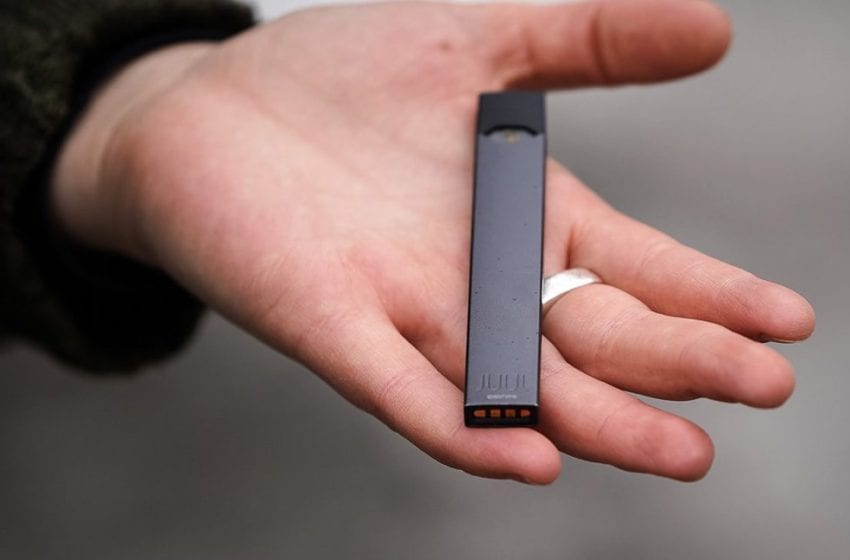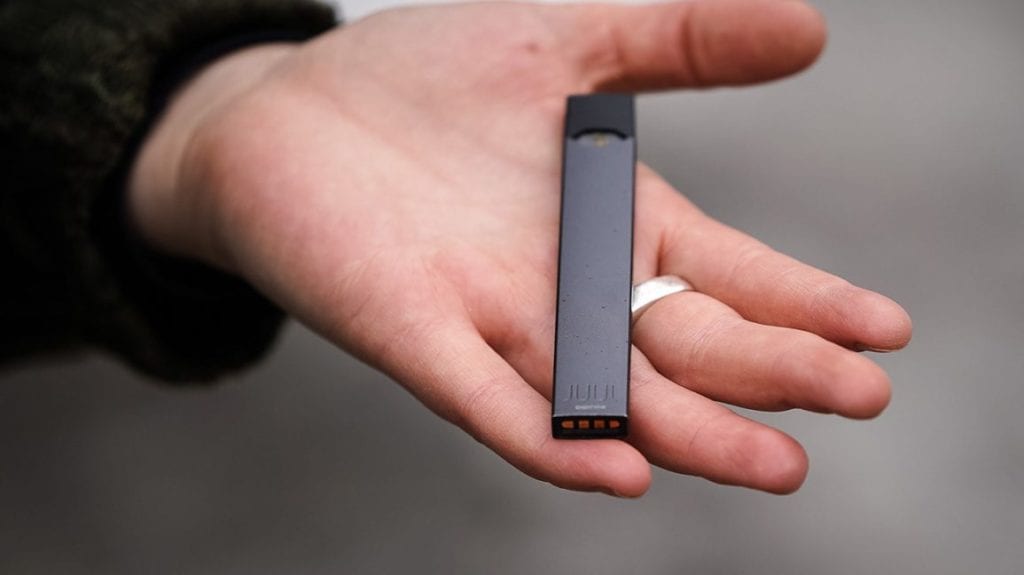Vaping opinions may vary depending on a person’s experience and knowledge.
By George Gay
On Aug. 24, The Guardian, the daily newspaper to which I subscribe, ran an opinion piece about nicotine pouches and vaping devices in its Journal section, which carries its leaders, opinions, letters, birthdays and obituaries. I much enjoy reading this section, in which the letters are often informative and the birthdays throw up some oddities.
The famous people listed as having birthdays on the day of the paper are always briefly described in relation to the jobs or activities in which they are involved or, in some cases, the jobs or activities in which they were once involved. For instance, politicians who are no longer active in politics might be referred to as former Members of Parliament, but the “former” label is not usually applied to sportspeople, and this can lead to some amusing results.
A person celebrating their 60th birthday, for instance, might be described simply as a javelin thrower, but the most impressive birthday announcement I have seen was in an April 2022 paper in which a 91-year-old man was described as a rugby player. Respect.
The Journal always bears as part of its masthead the assertion that “comment is free … but facts are sacred,” a lofty statement that seems not always to be lived up to, especially when the subject is tobacco or nicotine, subjects about which the paper is po-faced in the extreme and often ill-informed.
The opinion piece on Aug. 24 told how the writer, a vaper, faced with a six-hour rail journey during which she would not be able to vape, decided to buy some nicotine pouches in the hope that they would make the trip more palatable, even though she had not previously indulged in such products.
On boarding her train, she placed a pouch in her mouth, but, after 15 minutes, had thrown the entire pack, and presumably the pouch she had experimented with, in the bin. Apparently, she spent the rest of her journey, five hours and 45 minutes, feeling nauseous but not throwing up on the table in front of her. Respect.
This outcome was somewhat surprising since she also wrote that she had lived for some time in Sweden, where she had come across snus but not used it because she had been warned by friends that first-time users usually were made to feel ill. At this point, I thought the opinion might examine the need for nicotine pouch packs to provide information about how best to start using this product, perhaps suggesting only very limited exposure in the beginning.
In fact, as I understand it, some products do carry such information in countries where the consumption of oral products is not already established and where the provision of such labeling is permitted.
Perhaps there might have been a discussion on whether there should be available beginners’ packs with pouches that offer only slow, low-level nicotine deliveries. Such a discussion could then have looked at the ethical issue of offering pouches that might be seen by some as being aimed at people who were not already tobacco or nicotine users.
It might have been interesting to look, also, at whether, to overcome this issue, all nicotine pouch packs might offer a range of nicotine deliveries. After all, perhaps even long-term users might like to have a low-hit product now and again.
But no, the writer, Imogen West-Knights, had other ideas. She apparently started thinking about “nicotine and addiction in general.” Although West-Knights did not define what she meant by “addiction,” she had already declared that she was “pathetically addicted” to nicotine and her vape, and later wrote in two instances of nicotine as being “mind-warpingly” addictive.
She was interested in what she said was a moral quandary thrown up by the question of whether it was “… bad for people to have access to a mind-warpingly addictive substance if it has no health consequences?” In the end, she took a libertarian stance and declared that what others did was none of her business nor that of the government.
To my way of thinking, she came to the correct conclusion, but she could have saved herself a lot of anguish in respect of nicotine if she had taken the trouble firstly to define addiction. In writing that nicotine had no negative health consequences, she was, in effect, declaring that nicotine was not addictive.
To be addictive, a product or an activity must be indulged in compulsively, and that activity must have negative health consequences, otherwise, breathing unpolluted air, if such were available, would constitute an addiction.
I wrote a letter to the newspaper pointing this out, but it didn’t cut any ice. Obviously, what was written came under the “comment is free” part of the declaration, not the “our opposition to tobacco and nicotine is sacred” part.
I don’t blame West-Knights for her confusion because she had apparently looked up the U.K. National Health Service’s Quit Smoking webpage and found that it stated that “although nicotine is addictive, it is relatively harmless.”
In other words, the NHS had squeezed nicotine into the addictive category simply by inserting the phrase “relatively harmless.” But, of course, such a fudge raises its own issues because it clearly drags into the addictive sphere all sorts of other products and activities. Indeed, the writer raised the cases of coffee and sugar.
Which leads me onto another addictive product, water. If, as above, addiction is taken to be the compulsive consumption of a substance or involvement in an activity that causes harm to the consumer or participant, then, apparently, both cigarettes and water are addictive. This came to my notice when reading in The London Review of Books a review by Steven Shapin of a book by Christy Spackman, The Taste of Water: Sensory Perception and the Making of an Industrialized Beverage.
Shapin made the point that there was a suspicion, if not yet solid evidence, that the toxic pollutants in water posed risks to human health that took in cancer, damage to the nervous system, liver and kidneys, and interference with fertility and development. Sound familiar?
And there is another parallel. “It is thought that the monetary scale of American lawsuits against companies responsible for PFAS [perfluorinated and polyfluorinated alkyl substances] water pollution may eventually dwarf those involving asbestos and tobacco, considering that people are in a position to decide whether or not to smoke cigarettes, but everybody has to drink water,” Shapin wrote.
He made the point too that there are potentially dangerous things in water that are difficult for the consumer to detect because they don’t taste, smell or look odd. He didn’t contrast water and tobacco in this instance, but it is the case that cigarette smoke doesn’t sneak up on you in this way because it has a particular smell and is highly visible.
For the sake of my health, I think it might be time to try overcoming my long-term addiction to water. My grandfather, a beer aficionado of some note, warned me on many occasions that water rotted your boots. Respect.



